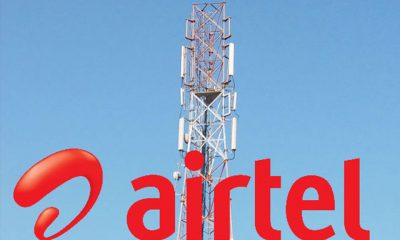WEST Africa Telecommunications Regulators Assembly (WATRA) has advocated greater adoption of e-Governance and concerted effort to expand the digital economy in Nigeria and other countries of West Africa.
The executive secretary of WATRA, Aliyu Yusuf Aboki stated that this will boost investment and create quality jobs for young people in Nigeria and West Africa. He stated that despite the comparatively low rate of literacy in West Africa, there is a very wide scope for digitizing government services.
He said he sees the enormous opportunity for e-governance as he travels across the 15 ECOWAS states. He explained that governments at all levels could increase their taxes dramatically by digitizing the identities of taxpayers and tax collection processes. He also emphasized that there is a great opportunity to expand access to education and healthcare through digital tools.
WATRA is a regional organisation that has the mandate to promote the adoption and harmonization of regulations that stimulate investment in telecommunications and increase affordable access for citizens.
The WATRA boss cited the example of India where over 1 billion citizens, including the poorest citizens, could easily receive or make payments using their telephones through a government-supported platform, the Unified Payments Interface (UPI).
Other government-backed digital schemes in the country enable municipal governments to manage healthcare online and citizens to store and readily access government documents such as tax returns on their phones.
Aliyu pointed out that the digitalization of government services has transformed the lives of the 273 million Indians who are classified as living in poverty. While noting progress in the adoption of ICT to deliver and manage government services in West Africa, the WATRA boss emphasized the need to scale up existing schemes in the sub-region.

 Cover Story2 weeks ago
Cover Story2 weeks ago
 Innovations2 weeks ago
Innovations2 weeks ago
 IT in Banking2 weeks ago
IT in Banking2 weeks ago
 Training and e-Learning2 weeks ago
Training and e-Learning2 weeks ago